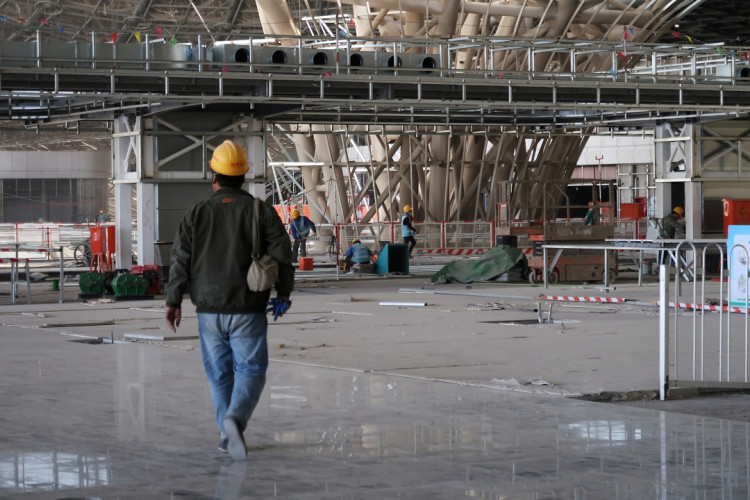Standard Chartered commented that the ongoing trade war between China and the United States and the Asian economic giant's commitment to follow the globally recognized best financial practices lead to more infrastructure projects nations under the Belt and Road Initiative.
Recently, the United States escalated its criticisms on China's Belt and Road Initiative after it claimed that it can offer a better option through transparent, free, and fair trade deals.
A website managed by the Department of State promoting United States policy and culture, ShareAmerica, warned through a new video that as China pushes the initiative, countries should be careful "not to get caught in China's belt and road debt trap. The video claims that nations under the Belt and Road faces risks of excess debt, environmental problems and losing control of their strategic assets. The video was posted timely to the first day of the second Belt and Road Forum in China on April 25 where around 37 nations attended and signed deals worth $64 billion.
Standard Chartered projected the continued growth in business this year despite the earlier criticisms of the United States that some projects place nations in "debt traps" caused by questionable economies.
Chinese President Xi Jinping launched the Belt and Road Initiative in 2013 to increase trade and investments between China and its partners. The president said last month that it will adopt internationally recognized principles that will ensure more environmentally and financially sustainable and multilaterally financed.
According to China, they will advise member governments to adopt key elements of the sustainability analysis framework used by Multilateral bodies such as the World Bank and the International Monetary Fund. Kevin Lau Kin-heng, a senior economist for Greater China at Standard Chartered, said that the belt and road's progress will not be hampered by debt trap concerns.
He said that, on the contrary, it will be bolstered by China's signal during last month's summit in China that it will encourage practices to ensure projects' debt sustainability. He added that China will need more investment and trading partners elsewhere as the United States and China trade conflict continues. He also said that emerging markets in Southeast Asia, the Middle East, and Africa are the top choices.
The decision of United States President Donald Trump to raise tariffs on many Chinese products from 10 to 25 percent forced companies to rush their plans to relocate or set up new investments in nations that are members of the Belt and Road Initiative of China.





